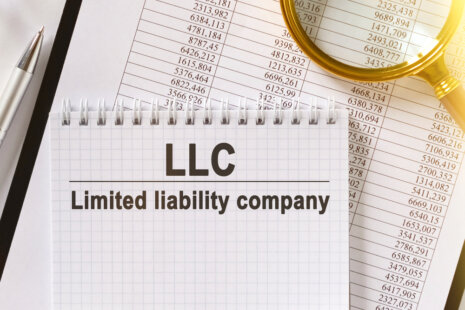The simplest business entity is typically the sole proprietorship. In a sole proprietorship, the business is owned and operated by a single individual, known as the sole proprietor. It is the most straightforward form of business organization to establish and operate.
Here are some key characteristics of a sole proprietorship…
- Ownership – The sole proprietor owns the business outright and has complete control over its operations. There is no distinction between the business and the owner in terms of legal ownership.
- Liability – The sole proprietor is personally liable for all debts and obligations of the business. This means that the owner’s personal assets are at risk to satisfy business debts and liabilities. There is no legal separation between personal and business liabilities.
- Taxation – Income from the sole proprietorship is typically reported on the owner’s personal tax return. The business itself does not pay separate income taxes. This simplifies tax reporting and eliminates the need for a separate tax filing for the business entity.
- Flexibility – Sole proprietorships offer flexibility in terms of decision-making, management, and operations. The owner can make decisions quickly and independently without the need for formalities or approval from other parties.
- Ease of Formation – Sole proprietorships are easy and inexpensive to establish. In most cases, there are no formal legal requirements or registration processes required to start a sole proprietorship. The owner simply begins operating the business under their name or a trade name.
- Minimal Regulatory Compliance – Sole proprietorships are subject to fewer regulatory requirements compared to other business entities, such as corporations or LLCs. There are typically no formal corporate governance requirements, annual filings, or other administrative burdens.
While a sole proprietorship offers simplicity and ease of operation, it also has limitations and drawbacks, particularly in terms of personal liability and access to capital. Sole proprietors are personally liable for business debts and may face challenges in raising capital or attracting investors due to the lack of formal structure and limited liability protection. Also, sole proprietorships may have difficulty scaling and growing beyond the capabilities of the individual owner.
Business owners should carefully consider their goals, priorities, and circumstances when choosing a business entity and may want to consult with legal and financial professionals to explore options and make an informed decision.




